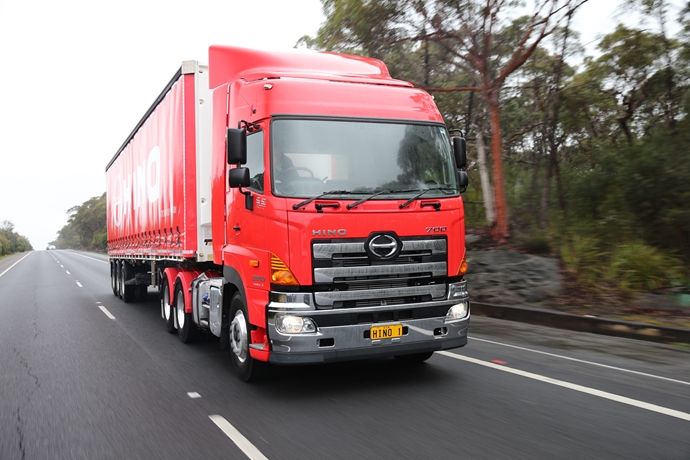
Some of us might be familiar with the Chain of Responsibility laws whereby everyone in the supply chain must take reasonable steps to ‘prevent driver fatigue and ensure a driver does not drive a heavy vehicle while impaired by fatigue’, but starting October 1st, there will be some changes that all truck drivers and operation owners must become aware of.
What are the Chain of Responsibility laws?
The Chain of Responsibility laws for Australian transport are legal policies that apply to the transport supply chain and industry, which of course includes truck drivers. The laws apply to heavy vehicles to regulate speeding, fatigue, mass, loading and dimension.
Why the Changes?
The new changes to CoR laws are another step forward to ensuring we’re all playing our role in road safety, its not longer just about the driver. The changes have been made to accommodate national workplace safety laws while pushing for a more positive duty-of-care for those of us in the transport industry.
The changes will mean stricter enforcement
The new changes to CoR laws listed below ensure we’re all playing our role in road safety.
- Instead of the current law that only states you must take “reasonable steps,” the new changes enforce a Primary Duty of acting “so far as is reasonably practicable.”
- Executive Officer Liability: Company executives must be proactive in managing operation safety and can now be held liable in a company violation of the CoR laws.
- New Penalties: Violation of the CoR laws could result in:
- Maximum 5 years in prison
- $300,000 individual fines
- $3,000,000 company fine
4. Changes to defending a breach: Specifics of your operation are now considered in your defense rather than being subject to a general ruling.
5. Smaller fleet owners must See it, mention it and record it.
What do they mean to me as an owner driver?
As an owner driver in the heavy vehicle transport supply chain, you will have a primary duty to uphold safety management systems and controls.
This includes having protocols involving:
- Identifying, assessing, evaluating and controlling risk.
- Ensuring compliance of speed, fatigue management, mass, dimension, loading and vehicle standards.
- Regular reporting along routes.
- Recording actions taken to improve safety.
Visit the NHRV website to learn more and to register for information sessions regarding how you can effectively manage the safety of your business in accordance to the new CoR changes.